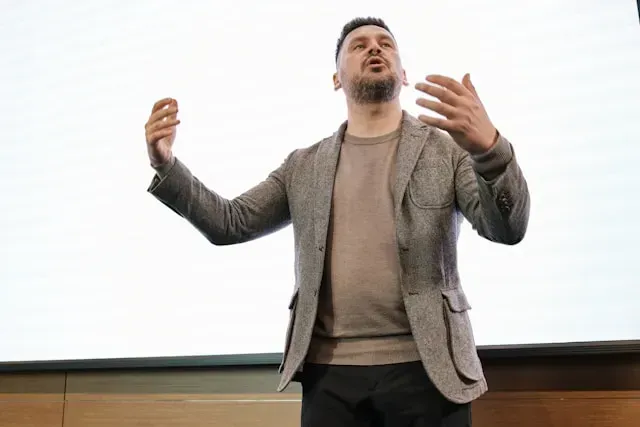
8 CPT Code for Speech Therapy
Learn 8 essential CPT codes for speech therapy. Streamline your billing process and enhance service delivery!
Get carepatron free
Commonly asked questions
The American Medical Association (AMA) reviews and updates CPT codes annually.
CPT codes describe the medical procedures and services healthcare professionals provide, while ICD-10 codes classify and code diagnoses, symptoms, and procedures.
A list of CPT codes can be obtained from the American Medical Association (AMA) website or through medical coding resources and software.







